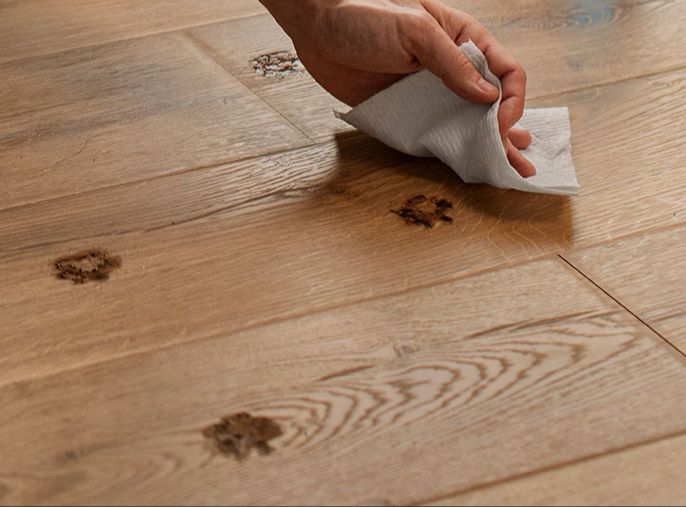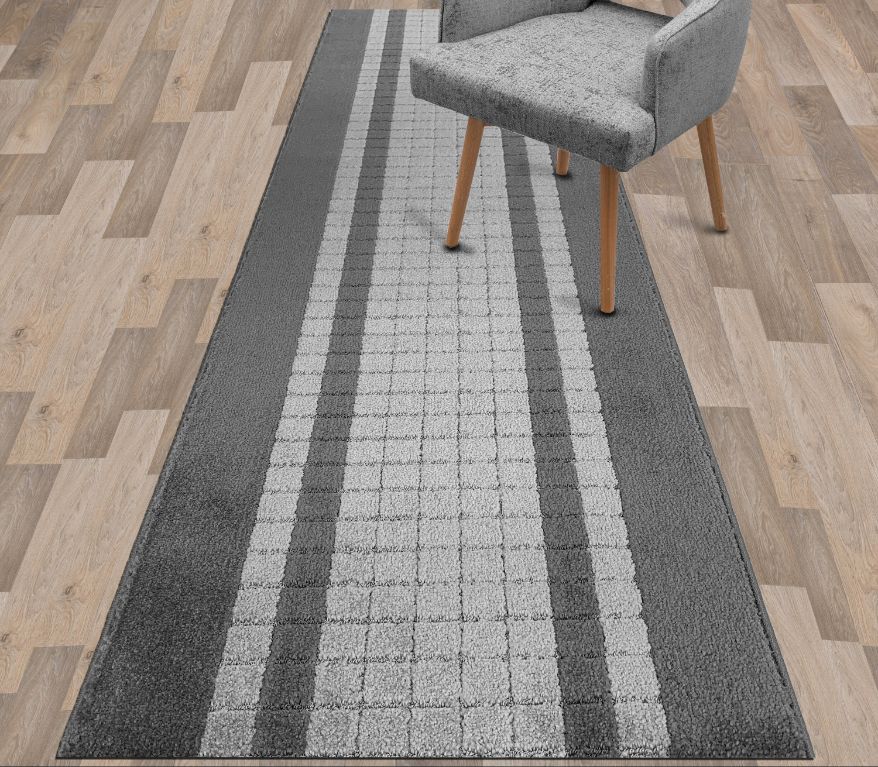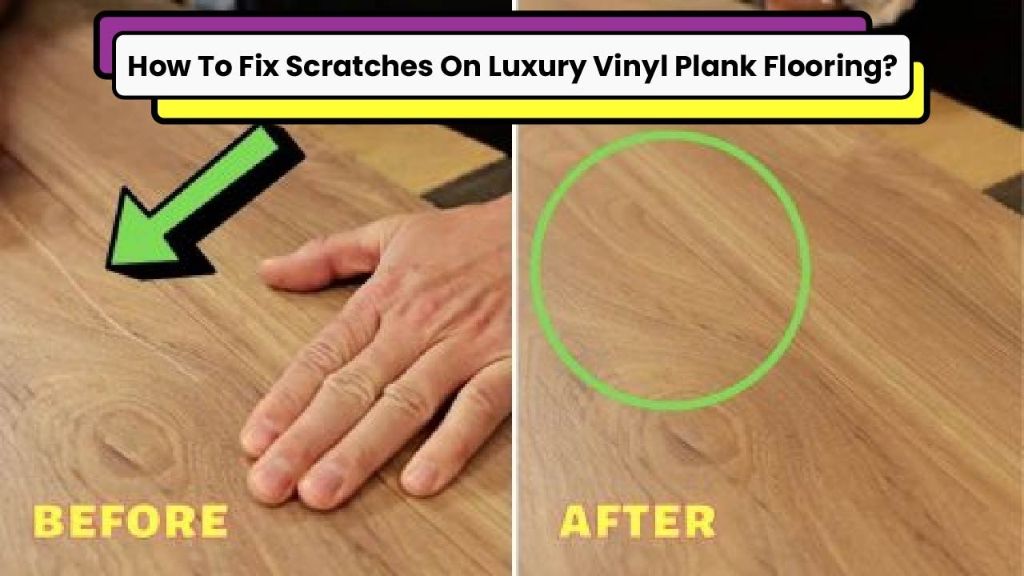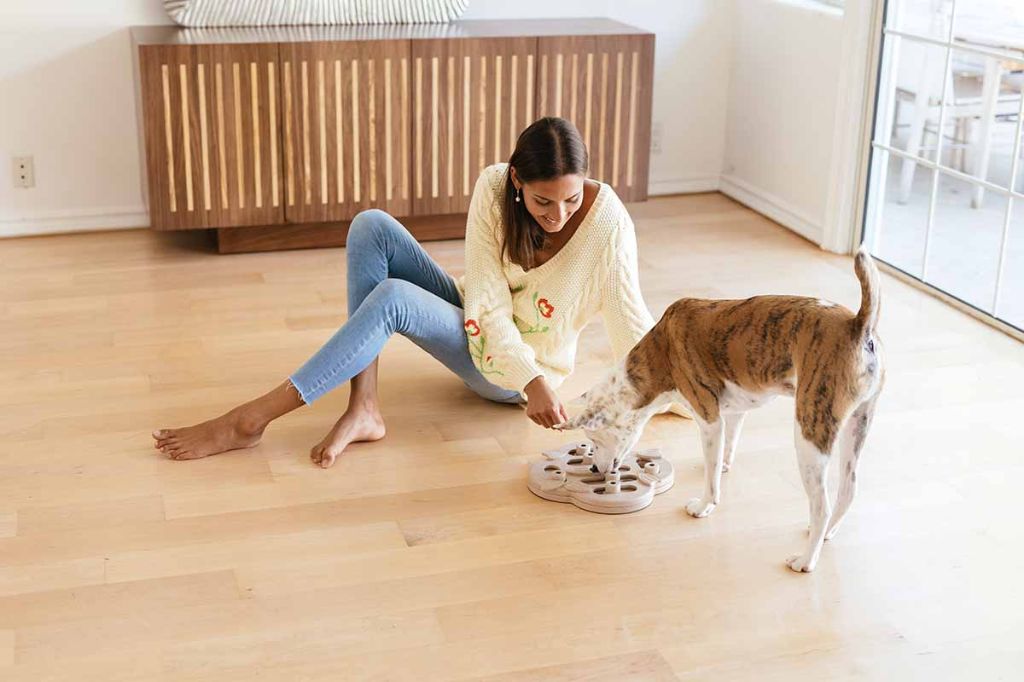Introduction
Vinyl plank flooring has become a popular flooring option for households with pets. It is a type of luxury vinyl that comes in planks instead of sheets. It typically has a stone plastic composite (SPC) or wood plastic composite (WPC) core layered with vinyl on top. The planks click or lock together to create an alluring wood or stone look at a more affordable price point than natural materials. Vinyl plank is waterproof, scratch resistant, and designed to mimic hardwood or tile beautifully while standing up to heavy foot traffic.
For pet owners, vinyl plank offers some advantages over hardwood, laminate or carpet in terms of durability, scratch resistance and waterproofing. However, no floor is totally scratch or damage proof, especially with large active dogs. This article will examine whether vinyl plank can withstand pet claws and daily wear and tear from man’s best friend.
Pros of Vinyl Plank for Pet Owners
One of the biggest benefits of vinyl plank flooring for homes with pets is that it is waterproof. Vinyl plank flooring is made from PVC and does not absorb liquid. This makes it an ideal choice for houses with dogs that may have accidents from time to time, as the floors will not be damaged by liquids (source). Simply wiping up messes is sufficient to keep vinyl plank floors looking great.

Additionally, vinyl plank flooring tends to be very scratch resistant due to the durable vinyl wearing layer on top. This protective layer prevents scratches from dog nails, which can damage more delicate flooring options. Vinyl plank stands up well to scrambling dog paws and claws, providing a scratch-free surface for years (source).
Cons of Vinyl Plank for Dogs
While vinyl plank flooring has many benefits for pet owners, there are some potential downsides to consider. One of the main cons is that vinyl plank can be susceptible to scratches from dog nails.
Vinyl flooring has a protective layer called a wear layer on top of the vinyl material. This layer helps prevent scratches and indentations. However, extremely sharp dog nails may be able to penetrate this protective barrier over time with repeated walking and scratching, leaving light scratches on the floor (FloorAuthority).
The severity of scratching from dog nails depends on factors like the thickness of the wear layer, the hardness of the dog’s nails, and how often the dog runs across the floor. Typical wear layers range from 6-20 mil thick. Thicker wear layers provide more scratch resistance. Soft vinyl floors are more prone to scratching versus stone plastic composite vinyl which is extremely durable.
Overall, vinyl plank is less susceptible to scratching than hardwood floors. But diligent nail trimming and filing for dogs can help minimize potential scratches from occurring.
Best Vinyl Plank Options for Pets
When choosing vinyl plank flooring for pets, opt for options with a thicker wear layer and textured finish for durability. According to Floor & Decor, look for vinyl planks with a 20 mil wear layer or thicker. The thicker the wear layer, the more resistant the floor will be to scratches from pets’ nails. A textured finish also helps hide minor scratches.
Some top vinyl plank flooring choices for pets include:
- LifeProof DogTown Vinyl Plank – Features a 20 mil wear layer and scratch-resistant textured finish.
- CoreLuxe Rigid Vinyl Plank – Has a 20 mil wear layer and embossed texture for durability.
- Shaw Rigid Core Vinyl Plank – Comes in a scratch-resistant textured stone look. Wear layer is 20 mils thick.
Be sure to inspect planks carefully before purchase. Opt for vinyl labeled as “scratch resistant” or “pet proof.” The thicker wear layer and textured finish will help the floors stand up to pets’ claws and activity.
Proper Installation
When installing vinyl plank flooring in a home with dogs, it’s important to follow proper installation techniques to ensure the flooring holds up well over time. One key step is to leave an expansion gap around the perimeter of the room and between the flooring and any fixed objects like walls or pipes. An expansion gap allows the vinyl planks to expand and contract naturally without buckling. Most experts recommend leaving a gap of 1/4 inch around the entire perimeter.
It’s also crucial to use a waterproof adhesive when adhering the planks to the subfloor. Since dogs can track in moisture or have accidents, a waterproof adhesive creates a tight moisture barrier between the subfloor and vinyl planks. This prevents moisture from seeping underneath and damaging the flooring. Be sure to use an adhesive specifically designed for vinyl plank flooring.
Following the manufacturer’s instructions for proper installation is the best way to ensure the vinyl plank floor stands up well to dogs long-term. Pay special attention to leaving adequate expansion space and using waterproof adhesive during the installation process.
Maintenance & Cleaning
Regular maintenance is key to keeping vinyl plank flooring clean and protecting it from damage when you have dogs. Here are some tips:
- Sweep or vacuum every day, especially in high traffic areas, to remove loose dirt, hair, and debris that can scratch the floor. Use a soft brush attachment on your vacuum.
- Mop at least once a week with a vinyl floor cleaner or a mild soap and water solution. Avoid harsh cleaners or anything with ammonia as this can dull vinyl plank over time (Lowe’s).
- For tough stains or ground in dirt, mix a solution of warm water and distilled white vinegar and mop the floor. Let it sit for a few minutes before rinsing (Reddit).
- Rinse the floor thoroughly after cleaning and allow to air dry.
Following a regular cleaning routine will help maintain the look and durability of vinyl plank flooring.
Preventing Scratches
There are a few key things pet owners can do to help prevent scratches and damage to vinyl plank flooring from dogs:
Trim nails regularly. Keeping your dog’s nails neatly trimmed will help minimize scratches when they walk on vinyl floors. Long nails are more likely to catch and scratch the surface. Aim to trim them at least every 2-3 weeks. You can ask your vet or groomer to show you the best technique for trimming dog nails if unsure.
Add rug runners or area rugs. Placing rugs along high traffic areas and entrance ways can help protect the flooring underneath. The rugs take the brunt of the nails and paw traffic. Be sure to get rugs with slip-resistant backing so they stay in place.

Keep nails filed. Using a nail file to gently smooth and round the edges of your dog’s nails can help reduce scratches. Focus especially on de-sharpifying the points. You can do this as part of the regular trimming routine.
Cover nails. If your dog is especially prone to scratching, you can apply vinyl nail caps that slip over the nail to cover the tip. These act as a buffer between the nail and floor.
Train not to jump/scratch. With positive reinforcement training, teach your dog not to jump on people, furniture or scratch at the floors. Redirect the behavior into something more positive. This takes time but pays off.
Ultimately, proactive nail care is key to minimizing scratches on vinyl plank flooring from dogs. With some effort, it’s possible to prevent damage and keep the floors looking great.
Repairing Scratches
For minor scratches, there are some DIY repair kits that can help improve the appearance of vinyl plank flooring. Scratch repair pens are available from most hardware stores and can camouflage light surface scratches. Simply shake the pen, apply it to the scratch in thin layers, and wipe away any excess. Allow it to dry fully before walking on the area.
For deeper scratches that catch your fingernail, a vinyl plank floor scratch repair kit with fill sticks or wax may work better to fill in the damaged area. According to 1877floorguy.com, apply 2-3 thin coats of wax filler using pressure over the scratch, then buff away the excess. Allow it to dry fully before regular use.

For very deep gouges or extensive damage, professional refinishing may be required. A flooring specialist can sand down the damaged boards and recoat the flooring to blend repairs. This provides a smooth, consistent appearance but is more costly than DIY kits. Properly repairing scratches helps maintain the look and value of vinyl plank flooring.
Alternatives for Pets
While vinyl plank flooring is very durable and good for pets, there are some other flooring options that can work well in homes with dogs.
Tile is an extremely scratch-resistant flooring material that can stand up to dogs very well. Ceramic, porcelain, or natural stone tiles are all good options. Make sure to choose textured, non-slip tile for safety. The grout lines between tiles can be prone to staining from pet accidents, but tile overall is very durable and easy to clean. https://todayshomeowner.com/flooring/guides/best-flooring-for-dogs/
Laminate flooring can also be a good alternative for homes with pets. Make sure to choose a laminate with an AC rating of 3 or higher, which indicates good resistance to scratches, stains, and fading. Laminate is not waterproof like luxury vinyl, so spills and accidents will need to be cleaned up quickly. But laminate provides a realistic wood look while being more affordable than hardwood. Use large area rugs in high traffic areas to prevent wear and tear. https://floorauthority.com/blogs/tips/best-flooring-for-dogs

Conclusion
In summary, vinyl plank flooring can be a great option for homes with dogs if you choose the right product and care for it properly. The most durable vinyl planks have a thick wear layer and waterproof core to resist scratches, stains, and moisture. Brands like LifeProof and Karndean Designflooring rate well for pets. Installation is also key – make sure the planks are tightly clicked together and gaps are sealed. For maintenance, sweep and mop frequently, trim nails, and clean accidents immediately. Prevent scratches and dents with rugs in high traffic areas. Minor scratches can be sanded out; deep gouges may require replacing planks. While vinyl works well for many, alternatives like stone, tile or linoleum may be better for some destructive chewers. Do your research to find the right flooring for your home and pets.